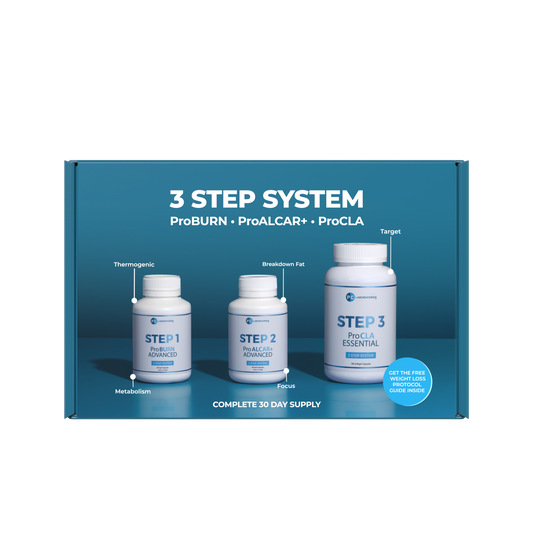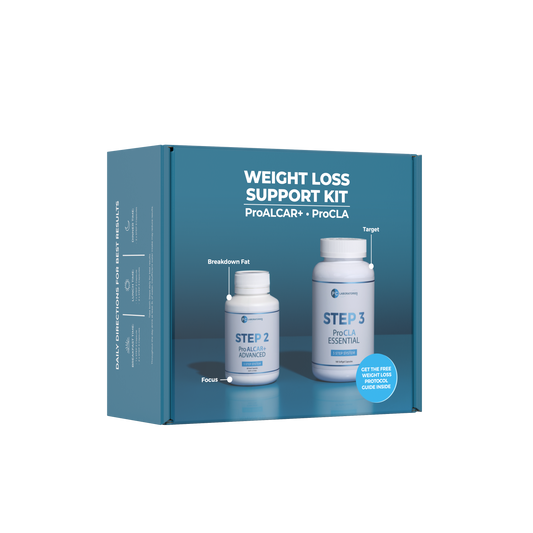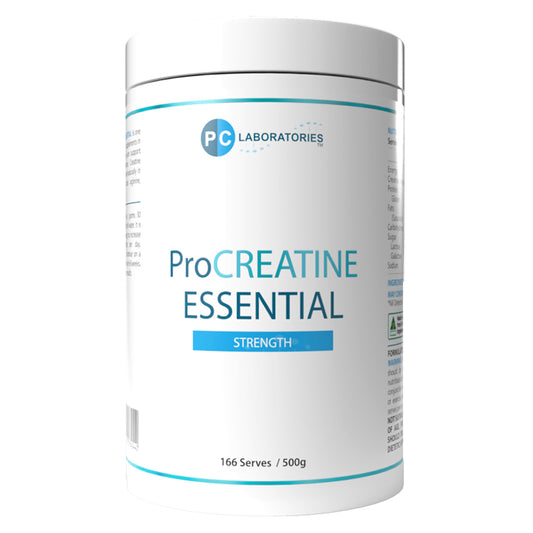Today’s world is fast-paced, overstimulating, and can often leave our nervous systems stuck in overdrive. When it comes to feeling calm, focused, and emotionally balanced, your nervous system runs the show. It's the command centre behind your thoughts, reactions, and how you experience life.
Fractures can start to appear when stress becomes chronic, and stimulation is constant. There’s no time to rest, recover or to just simply smell the roses. That can leave us feeling exhausted, moody, anxious, or foggy.
Our research has recovered some of the very best tools to support your nervous system to function at its best. These natural practices help to bring more clarity, better sleep, improved mood, and sharper focus. Let’s break it all down, from how our nervous system works to what you can do to help it.
What Is the Nervous System?
Your nervous system is a complex network that controls everything from your heartbeat to your ability to solve a problem or enjoy a walk in the park. It’s made up of your brain, spinal cord, and nerves that connect throughout your body. Think of it as the body’s communication system, constantly sending and receiving messages that help you respond to life in real time.
One key player in this system is the vagus nerve, a long nerve that runs from your brainstem down into your abdomen. It’s responsible for calming the body after stress, slowing the heart rate, and regulating digestion. Activating the vagus nerve can help bring you out of that fight-or-flight mode and into a more balanced, rest-and-repair state.
Mood, Energy And Focus Hacks
Your mood and mental clarity are linked to neurotransmitters and hormones, which serve as chemical messengers. The body produces hormones in response to different situations, foods, and habits.
Here’s a list of the main hormones at play with the nervous system:
Neurotransmitters
- Dopamine: Your motivation and pleasure chemical. When dopamine is balanced, you feel focused, driven, and rewarded by your achievements.
- Serotonin: Often called the “feel-good” neurotransmitter. Serotonin stabilises mood, supports restful sleep, and plays a role in digestion.
- Adrenaline (Epinephrine): Gets the blood pumping! It helps you respond to acute stress, increases alertness, and boosts energy in the short term.
- TSH (Thyroid Stimulating Hormone): Technically a hormone, but often grouped with neurotransmitter-like effects. It regulates your metabolism, energy levels, and focus by influencing thyroid function.
Hormones
- Cortisol: The primary stress hormone. In small doses, it helps you stay alert. In excess, it can cause fatigue, anxiety, and even excess belly fat.
- T4 (Thyroxine): Produced by the thyroid gland, it supports metabolism, brain development, and energy.
- Melatonin: Your body’s sleep hormone. It rises in the evening to help you wind down and prepare for deep rest.
What Throws These Out of Balance?
Modern lifestyles can be tough on our nervous systems. Excessive screen time, processed foods, inconsistent sleep patterns, insufficient sunlight, and chronic stress can all disrupt our balance. Over time, this can lead to mood swings, low energy, disrupted sleep, poor concentration, and a sluggish metabolism.
When cortisol remains elevated due to constant stress, it begins to interfere with sleep and suppresses melatonin. Dopamine levels drop with overstimulation from social media or sugar, making it harder to feel naturally motivated. And when serotonin is depleted due to poor gut health or lack of natural light, it can contribute to anxiety or depression.
The Benefits of Nervous System Regulation
Getting your nervous system back into balance isn’t just about avoiding burnout; it’s about unlocking energy, resilience, and enjoying life again. Regulated nervous systems sleep more deeply, digest food better, recover faster, and respond to stress more calmly. You think more clearly, feel more emotionally grounded, and experience an overall sense of well-being.
Top 3 Tools For Dopamine, Serotonin & Cortisol Balance
Let’s explore practical steps for each of these powerful messengers. Starting with what you can eat, how you can live, and what you can supplement with.
Dopamine Support
1. Motivating Foods:
Protein-rich foods like eggs, fish, and lean meats contain tyrosine, an amino acid your body uses to make dopamine.
2. Lifestyle Practices:
Cold exposure (like cold showers or plunges) helps spike dopamine in a natural and long-lasting way. It can create a resilient, alert, and motivated mental state. Breathwork is another great lifestyle hack, along with engaging in creative activities.
3. Supplement:
L-Carnitine supports mitochondrial energy production and has been shown to support dopamine pathways, especially in times of fatigue or brain fog. Try ProALCAR+ for a clean source and rapid bioavailability.
Serotonin Support
1. Feel-good Foods:
Complex carbs (like sweet potatoes, oats, and quinoa) help shuttle tryptophan (serotonin’s building block) into the brain.
2. Lifestyle Practice:
Sunlight exposure, especially early in the day, helps your body produce serotonin. Just 10–20 minutes outside in the morning can make a difference.
3. Supplement:
Collagen contains glycine and other amino acids that support serotonin balance and improve gut health, where most of your serotonin is made. We love ProBURN Protein with added metabolism-boosting ingredients.
Cortisol Balance
1. Food Group:
Leafy greens and magnesium-rich foods like spinach, pumpkin seeds, and avocado help calm the nervous system and regulate cortisol.
2. Lifestyle Practice:
Blocking blue light at night (by turning off screens or wearing blue light-blocking glasses) supports melatonin production and reduces evening cortisol spikes.
3. Supplement:
Alpinia galanga, a botanical in the ginger family, has been shown to reduce stress-induced cortisol levels and promote cognitive clarity. A handy addition to your morning routine is Step 1 Pro BURN Advanced, which contains Galangal.
Sleep And Your Nervous System
Deep, restful sleep is one of the most underrated wellness tools. It’s during sleep that your brain clears toxins, your neurotransmitters reset, and your hormones get back in sync. Good sleep supports balanced cortisol levels, increased melatonin production, and healthier dopamine and serotonin responses the next day.
Without enough quality sleep, you’re more likely to feel emotionally fragile, easily distracted, and stressed out. That’s why regulating your circadian rhythm (your body’s internal clock) is so key. Consistent sleep and wake times, darkness at night, and morning light exposure all help train your body to function optimally.
How Do You Master Your Nervous System?
Start small. You don’t need to overhaul your life overnight; just concentrate on one or two things to shift at a time. Eat more whole foods, spend time in nature, make space for rest, and nourish your brain with the nutrients it craves. When you take care of your nervous system, it takes care of everything else.
In a world that constantly demands more, regulating your nervous system is a necessary act of self-care. It’s the foundation for a brighter mood, better focus, and long-term wellness. Balanced hormones and neurotransmitters don’t just happen; they’re built through the choices you make each day.
How you eat, how you move and how well you rest matter now more than ever. So prioritise your sleep, care for your mind, and nourish your body with intention. Your mood, energy, and clarity will only benefit.








